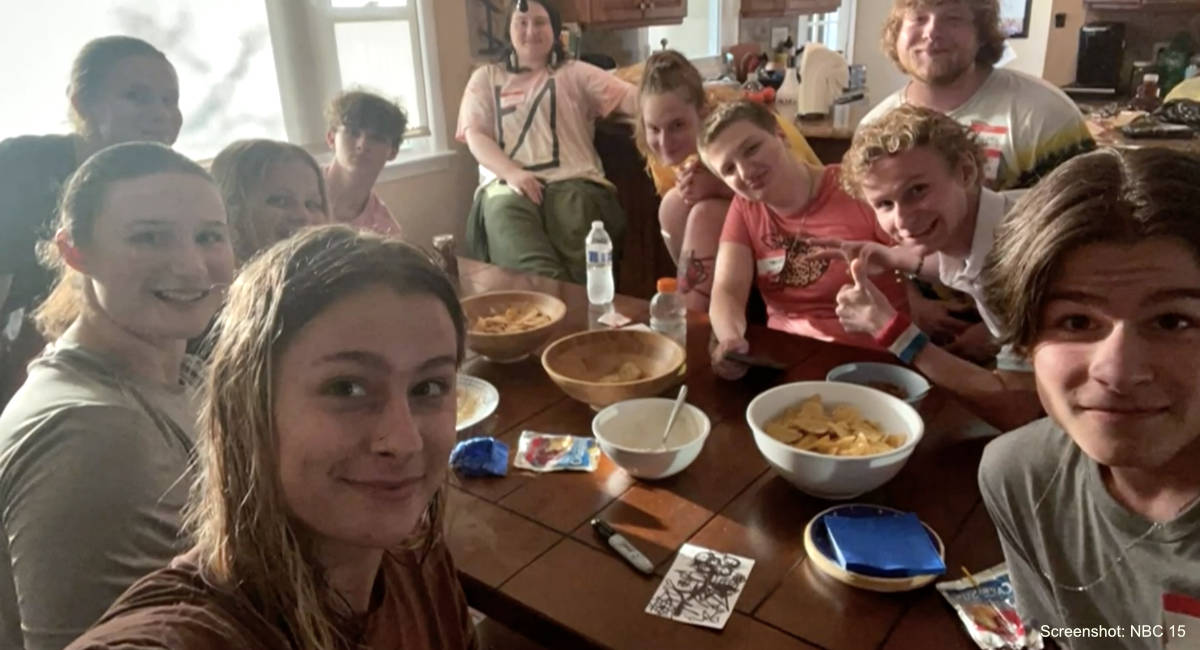A Maryland woman who signed up for genetic testing found out she has at least 60 half-siblings… and the number could still be growing.
Brenna Siperko, who is 20 years old, told USA Today she always knew she was conceived through sperm donation. At 19, she took a 23andMe test to learn more about her background, and potentially track down any siblings she might have. But the results have been beyond what anyone had imagined.
“I had always thought I probably have siblings somewhere, or at least a couple since I come from a donor,” she said, explaining that she did find some siblings… only to be added to a Facebook sibling group where the number grew from 13 to 65. “I found people my age. It was really exciting because I found people with common interests who I could become close to. They’re really easy to talk to.”
READ: The ‘shock’ of learning I was donor-conceived was ‘too much’
Their biological father has remained anonymous, but some of the siblings have been able to meet. “A lot of our eyes are the same,” she said. “It’s like darker, more almond-shaped eyes … If you just put side-by-side pictures, you could definitely see the resemblance, kind of in the face shape, the eyebrows, sometimes the nose… It’s weird to see myself in other people who I haven’t known my whole life.”
Though Siperko and her siblings do not seem bothered by the discovery, others who have had similar experiences have felt awkward, uncomfortable, and overwhelmed — as described by one woman on TikTok. Still others have been horrified to learn that they aren’t biologically related to the siblings they grew up with.
“I am a human being, yet I was conceived with a technique that had its origins in animal husbandry,” another person wrote in a book for Anonymous Us. “Worst of all, farmers kept better records of their cattle’s genealogy than assisted reproductive clinics … how could the doctors, sworn to ‘first do no harm’ create a system where I now face the pain and loss of my own identity and heritage.”
That very issue is why the fertility industry needs better regulation, according to Wendy Kramer, co-founder and director of the Donor Sibling Registry. Kramer noted that there is a lack of “accurate record-keeping on the children born,” which has led to siblings groups of over 200 people.
“It’s just about a profit for selling sperm with no thought whatsoever given to the human beings they’re helping to create,” she said. “I used California Cryobank and my son has … half-siblings coast to coast, up and down, even in Puerto Rico. You never know where your half siblings can be.”








